Review of the UK Constitution: advisory panel
The UK’s constitution has been placed under huge strain by Brexit and the pandemic. This has also created an opportunity to reinvigorate UK democracy, restore trust in the political system and improve the way that government works.
This opportunity has prompted the Institute for Government and the University of Cambridge’s Bennett Institute for Public Policy to launch a major joint Review of the UK Constitution.
The review is supported by an expert advisory panel.
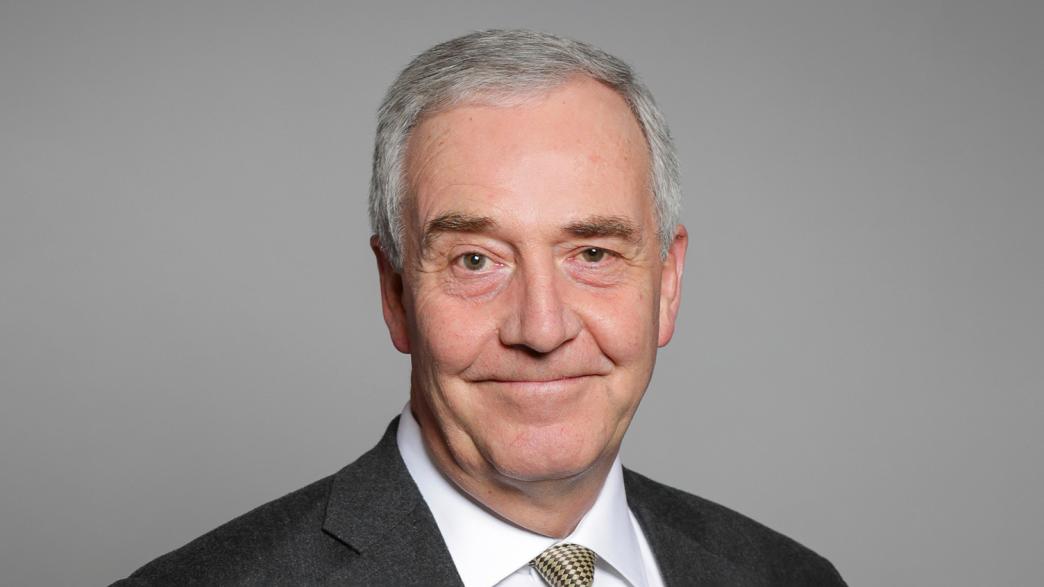
Lord Anderson KBE QC
Lord (David) Anderson KBE QC is a barrister at Brick Court Chambers in London, a judge of the Courts of Appeal of the Channel Islands, a visiting professor at King’s College London. He has also been a crossbench peer in the House of Lords since 2018. He practises in public law, and has appeared over 200 times in the EU courts and European Court of Human Rights. Between 2011 and 2017, he served as the independent reviewer of terrorism legislation. He writes and lectures on legal and national security topics and chairs the conflict resolution charity Inter Mediate, the advisory board of UCL’s European Institute and (with Sir Bob Neill MP) the APPG on the Rule of Law.
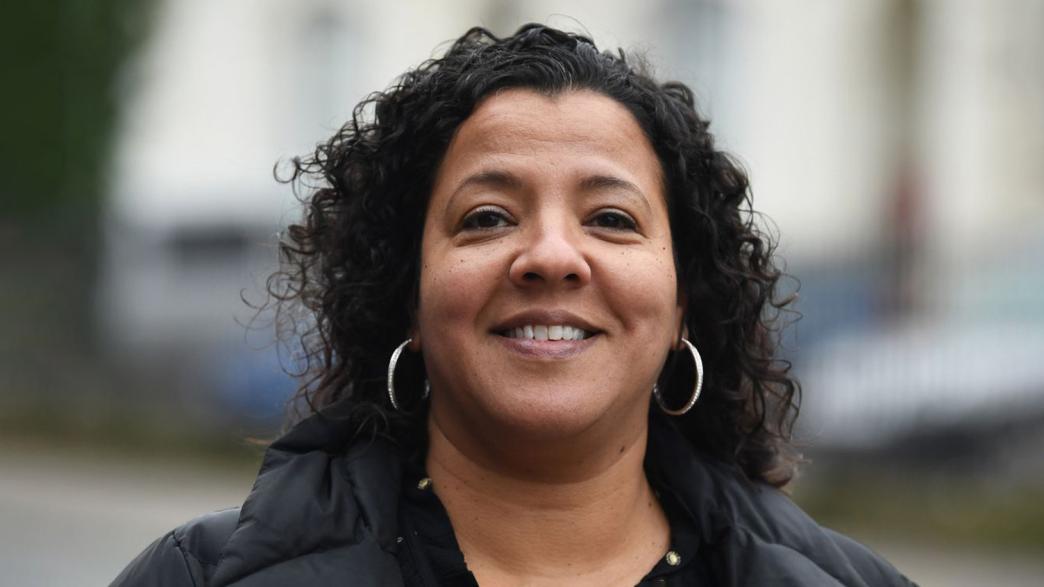
Joanne Anderson
Joanne Anderson is the former mayor of Liverpool. She was elected after serving as a councillor for two years, and was Liverpool’s first female mayor and the first black woman to be directly elected as a mayor in the UK.
Joanne has nearly three decades of experience as an equality, diversity and inclusion practitioner and is passionate about social enterprises and businesses with purpose. She set up the first black social enterprise community consultancy in Liverpool in 2000 and has also worked as a civil servant as the community engagement policy lead within the Crown Prosecution Service.
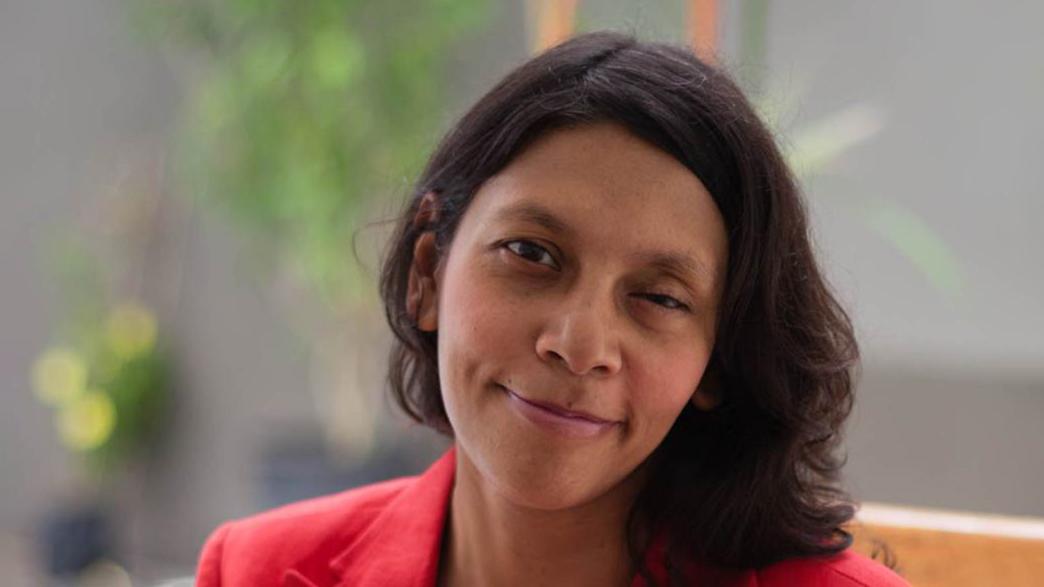
Dr Halima Begum
Dr Halima Begum is chief executive of the Runnymede Trust, the UK’s leading race equality and civil rights think tank. Prior to taking up her post at Runnymede, in a 20-year career with the Department for International Development, Halima held senior positions across aid and policy, programmes and research, representing the UK government on numerous long-term international postings. Her portfolio of responsibilities included leading the Sino-British Action Plan on food insecurity, the UK effort to promote girls’ education in Pakistan, and supporting post-conflict reconstruction in Nepal.
In 2017, she left public service and relocated to Denmark to head the LEGO Foundation’s work on global education. Halima sits on various boards and acts as an adviser to organisations including the British Academy, Nuffield Foundation, ONS and the NHS Race and Health Observatory.

The Rt Hon Robert Buckland QC MP
Robert Buckland is the member of parliament for South Swindon, which he has represented since 2010. He served as the secretary of state for justice and lord chancellor from 2019 to 2021.
Before this, he had worked in government as the minister of state for prisons and as solicitor general for England and Wales from 2014 to 2019. He also sat on the Justice Select Committee from 2010 to 2013 and the Joint Committee on Human Rights, the Commons Standards Committee and the Commons Privileges Committee from 2012 to 2014.

Van DuBose
Van DuBose is a former investment banker at Goldman Sachs & Co. and was senior partner at F. E. DuBose & Co., a strategy consultant to airlines. Now active in public policy matters, he serves on the advisory boards of the Institute for Policy Research at University of Bath and London Futures at Centre for London. He has sponsored research on policy issues including universal basic income, road user pricing and constitutional reform.
Van is providing the funding for a research associate at the Bennett Institute to work on the review.

Bill Emmott
Bill Emmott is an author and journalist who was the editor of The Economist between 1993 and 2006, having joined the publication in 1980. He is currently the co-director of the Global Commission for Post-Pandemic Policy; chair of the International Institute for Strategic Studies and the Japan Society of the UK; chair of the board of Trinity College Dublin’s Long Room Hub for Arts & Humanities; chair of the International Trade Institute, an educational body; and a member of the advisory boards of the University of Tokyo, and of Critical Resource, a consultancy.
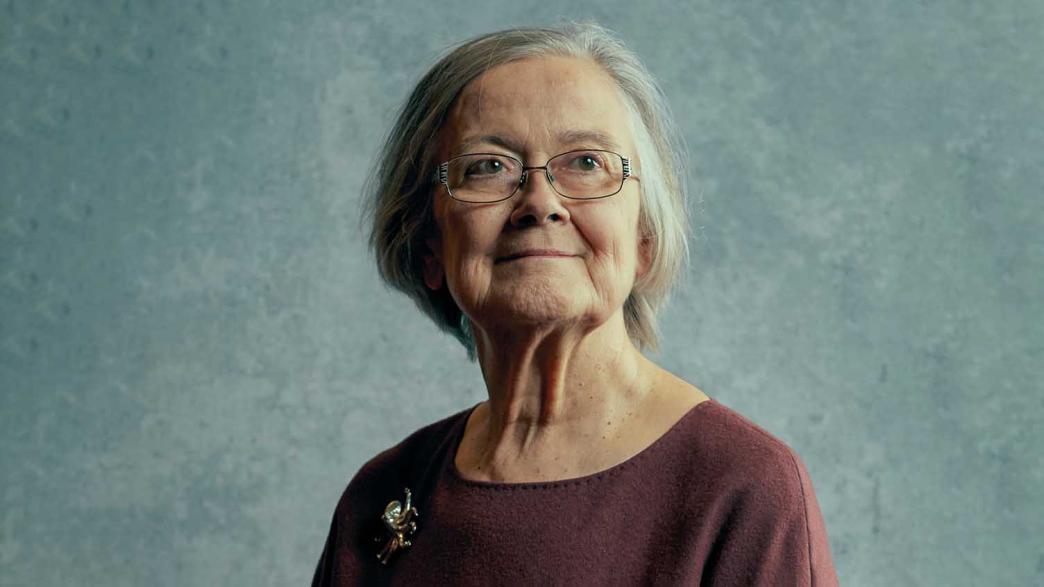
Baroness Hale DBE PC LLD FBA
Baroness Hale is a crossbench peer who served on the Supreme Court from 2009 to 2020, becoming its first female president in 2017. From 1966 to 1984, she taught law at the University of Manchester and was founding editor of the Journal of Social Welfare and Family Law.
She then served on the Law Commission between 1984 and 1993 until her appointment as a High Court judge in 1994. In 1999 she became the second ever female Court of Appeal judge, before becoming the first woman Law Lord in 2004. She currently holds a number of honorary academic appointments.
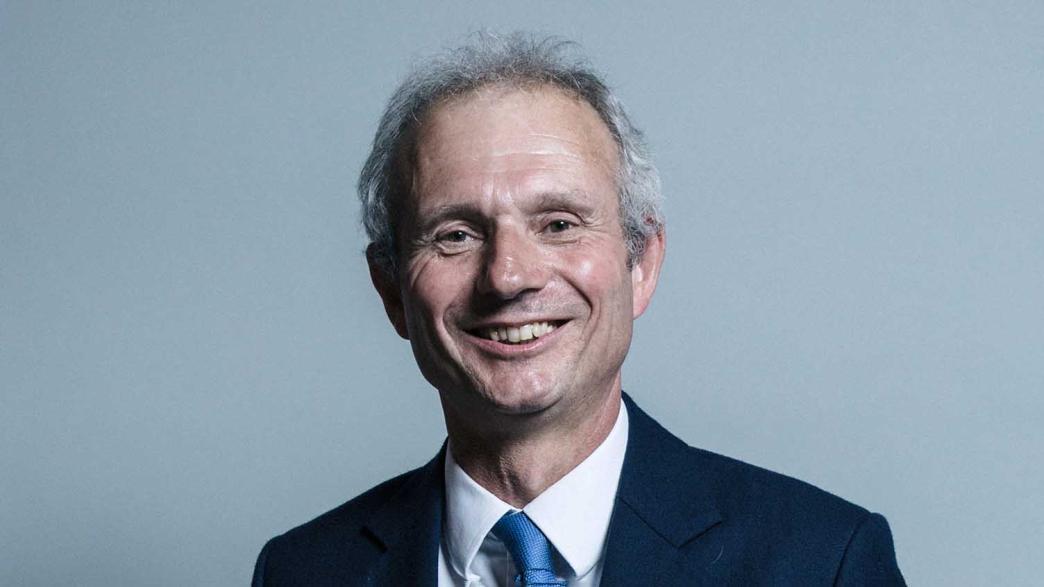
Sir David Lidington KCB CBE
Sir David Lidington is the chair of the Royal United Services Institute as well as a board member of the Institute for Government.
He served in the House of Commons from 1992 to 2019. During that time, he was minister for Europe from 2010 to 2016 under David Cameron, and held several ministerial roles under Theresa May including secretary of state for justice and minister for the Cabinet Office and chancellor of the duchy of Lancaster.
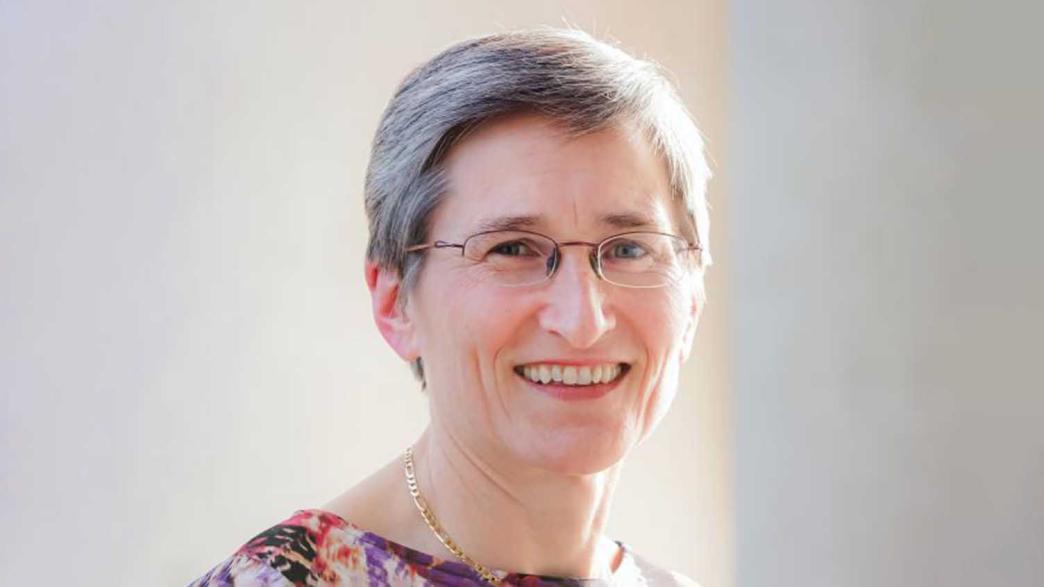
Dame Clare Moriarty DCB
Dame Clare Moriarty is the chief executive of Citizens Advice for England and Wales. She previously was a civil servant of 35 years, including as permanent secretary of the Department for Environment, Food and Rural Affairs from 2015 to 2019 and of the Department for Exiting the EU from 2019 until the department’s closure in 2020. She also held senior roles in the Department for Transport and the Ministry of Justice.
She is currently the chair of the Health Foundation’s Covid-19 impact inquiry.
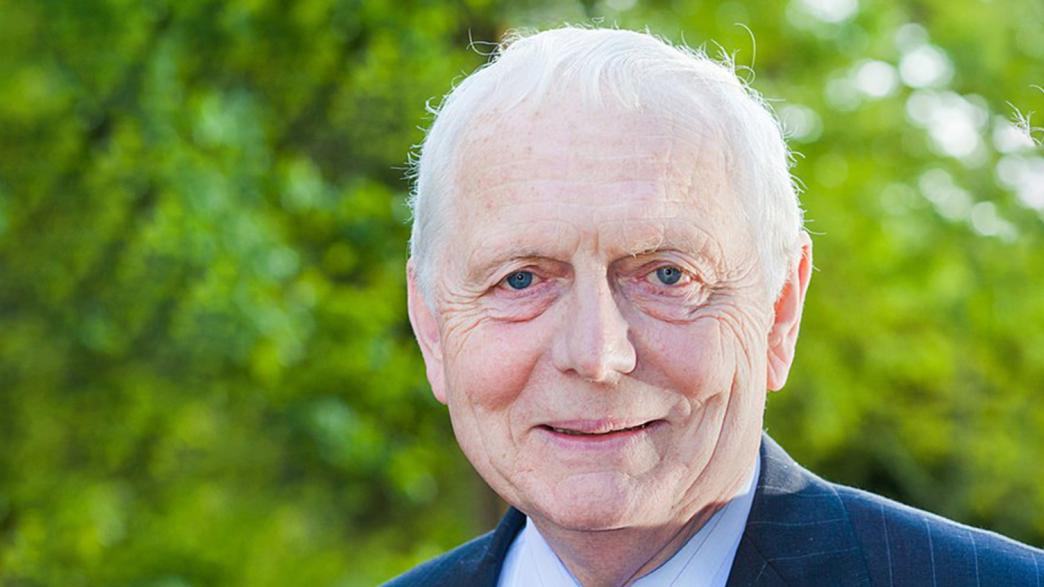
Sir Emyr Jones Parry GCMC FInstP
Sir Emyr Jones Parry is a former diplomat who, between 1973 and 2001, held posts in Ottawa, Madrid and Brussels as well as several senior roles with the Foreign and Commonwealth Office in London. From 2001 to 2003, he served as the UK’s permanent representative to NATO. After this he was the UK’s permanent representative to the UN Security Council in New York until 2007.
From 2007, he chaired the All Wales Convention which published its report in 2009 on the Welsh devolution settlement and the 2011 referendum on the law-making powers of the National Assembly for Wales. He was also a commissioner for the MacKay Commission between 2012 and 2013, which considered how the House of Commons should work with legislation that only affects parts of the UK. He was chancellor and chair of Council Aberystwyth University between 2008 and 2017. From 2014 to 2020, he was president of the Learned Society of Wales, where he remains a fellow.
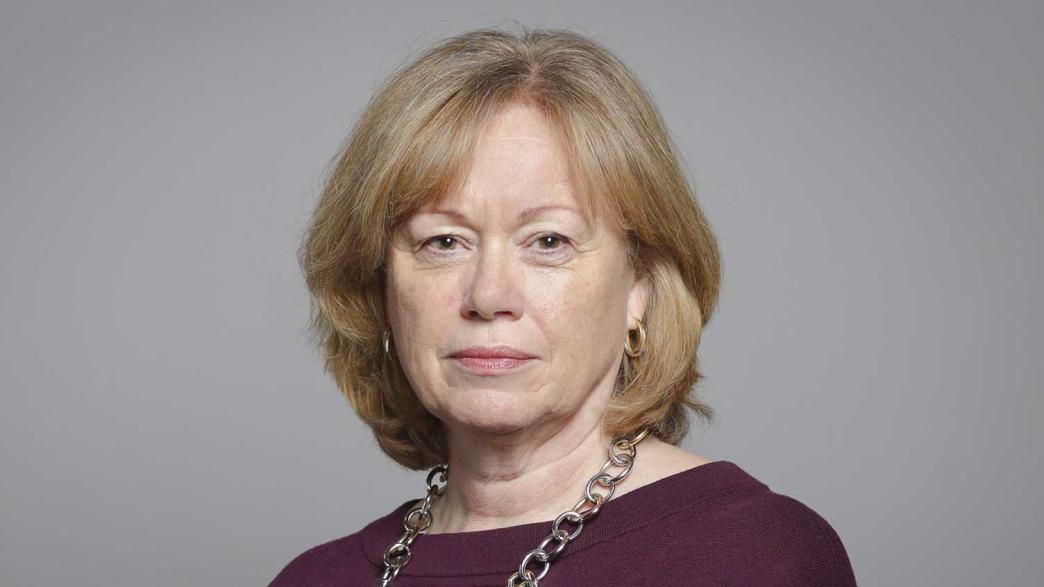
Baroness Smith PC
Baroness Smith is a Labour peer and has served as shadow leader of the House of Lords since 2015. Prior to her introduction to the Lords in 2010, she represented the constituency of Basildon from 1997 to 2010. During that time, she served as a whip as well as in ministerial roles at the Northern Ireland Office, Department for Communities and Local Government, and the Cabinet Office.
She is currently the shadow spokesperson in the House of Lords for Northern Ireland, the Cabinet Office, and constitutional and devolved issues.
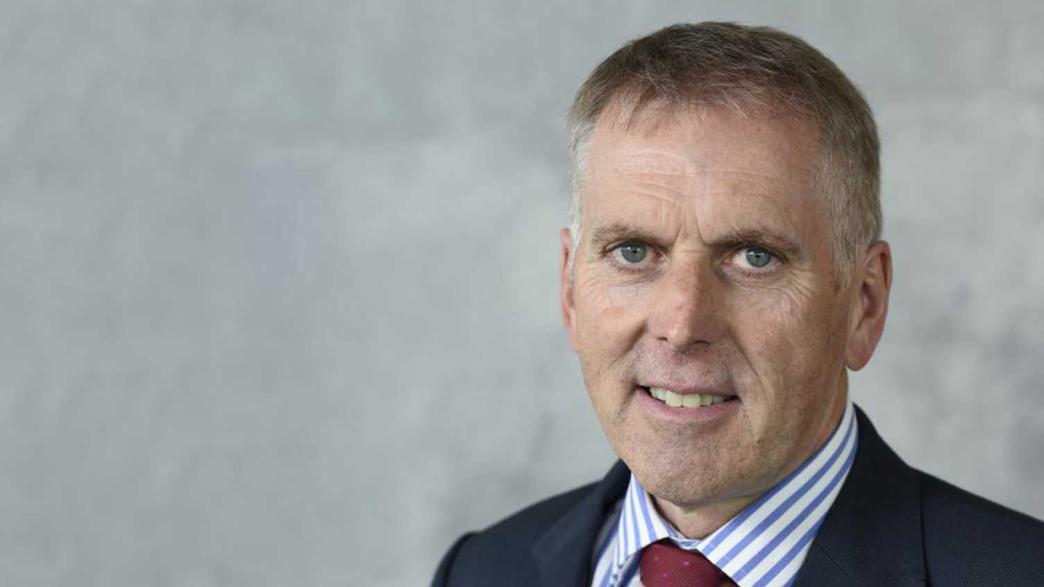
Sir David Sterling KCB
Sir David Sterling served in the Northern Ireland civil service for over four decades, including as its head between 2017 and 2020 during the period without an executive in place.
He is currently the chair of the Chief Executives Forum, an association for leadership teams of Northern Ireland’s public sector bodies.

Andrew Wilson
Andrew Wilson is an economist who served as an SNP member of the Scottish parliament for Central Scotland between 1999 and 2003. During that time, he served in the shadow cabinet as the spokesperson for finance, economy, lifelong learning and transport. In 2016, he was appointed by Nicola Sturgeon as the chair of the Sustainable Growth Commission which published its report in 2018.
He also has served as a member of the UCL Constitution Unit’s Independent Commission on Referendums, which published its report in 2018. He is a founding partner of the strategic consultancy Charlotte Street Partners.
Find out more
Review of the UK Constitution
Over 18 months we assessed the functioning of the UK constitution and proposed practical, innovative and robust ideas for reform.
Parliament and the constitution
We look at how well the UK’s constitution underpins the effectiveness of government and how parliament can best hold ministers to account.